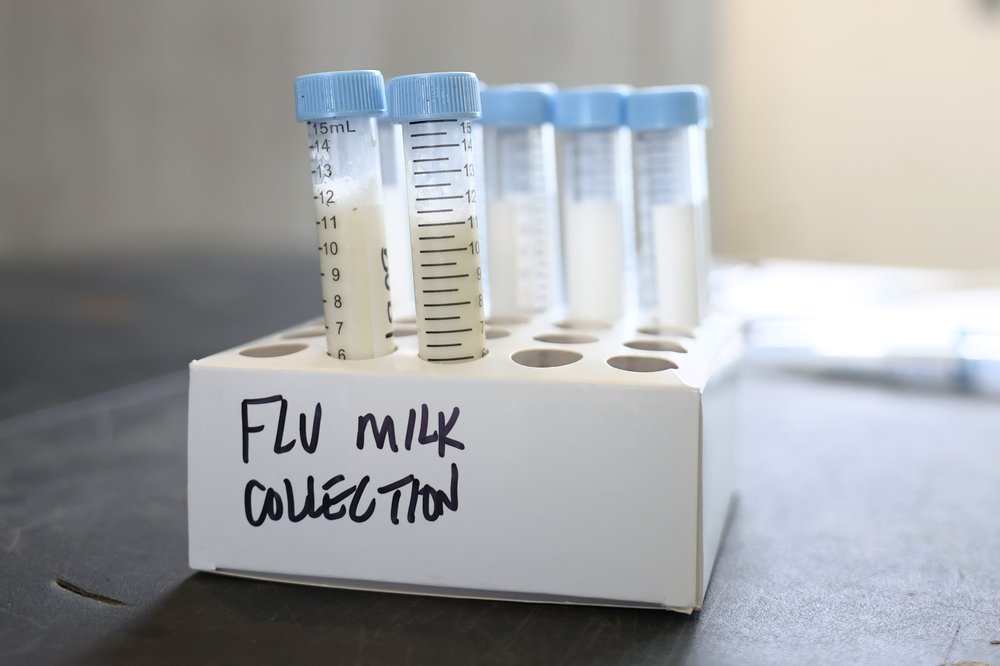Avian flu detected in wild birds and Suffolk County poultry farm
Jan. 23, 2025, 6:01 a.m.
State officials are ramping up testing and urge farmers to strengthen biosecurity as efforts intensify to protect New York flocks. Risk to humans remains low.

At least two cases of avian flu were confirmed in bird populations in New York this month, state officials said on Wednesday.
The cases of highly pathogenic avian influenza were detected in Suffolk and Putnam counties. Health officials said that although the virus did not enter the food supply, authorities were monitoring individuals who may have had contact with the infected poultry for symptoms.
The potentially fatal virus has circulated among bird populations for decades, but the current outbreak began in March, according to the Centers for Disease Control and Prevention. While the risk to public health remains low, the CDC has reported 67 confirmed cases of avian flu in the United States, including at least one human fatality.
“While there is no immediate threat to public health and no known cases of Highly Pathogenic Avian Influenza in humans in New York state, I urge everyone who has regular contact with livestock and wild birds to remain vigilant and take precautions by wearing personal protective equipment when you’re in contact with these animals," state Health Commissioner Dr. James McDonald said in a statement.
Last week, the Putnam County Health Department announced that a wild goose in Brewster, about 50 miles north of Manhattan, tested positive for HPAI. On Tuesday, the U.S. Department of Agriculture confirmed a second case at a poultry farm in Suffolk County on Long Island.
The outbreak has reportedly caused the Suffolk farm to cull tens of thousands of birds. Crescent Duck Farm operator Doug Corwin told RiverheadLocal.com that the outbreak puts the site’s future in limbo. The state agriculture and markets department and Suffolk County officials did not immediately return requests for further comment.
State officials were urging poultry farmers to strengthen biosecurity measures, including early testing, to prevent further spread of the virus. The New York State Department of Environmental Conservation was also calling on residents to report any unusual wildlife deaths.
“People should avoid direct contact with sick or dead wild birds and poultry, especially waterfowl and raptors. DEC also advises hunters not to harvest sick or dead animals and to wear gloves when processing game,” said the department's interim commissioner, Sean Mahar.
The state health department has been closely monitoring New Yorkers who may have been exposed to infected birds and is providing farmworkers with personal protective equipment to reduce the risk of transmission among humans. The state's department of agriculture and markets is also working with dairy farms to address the situation.
Gov't Doesn't Want You To Make Super Bird Flu At Home